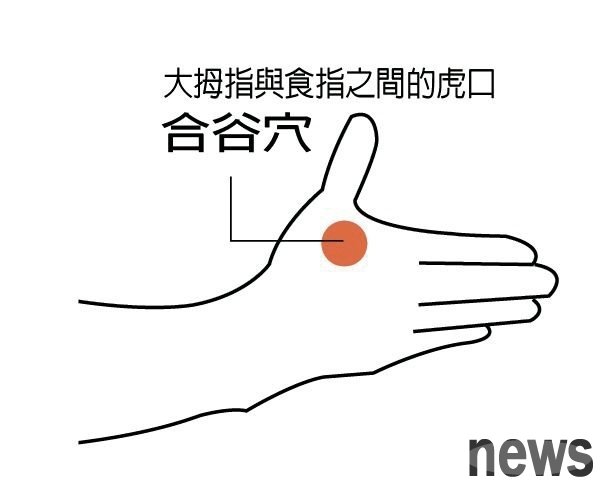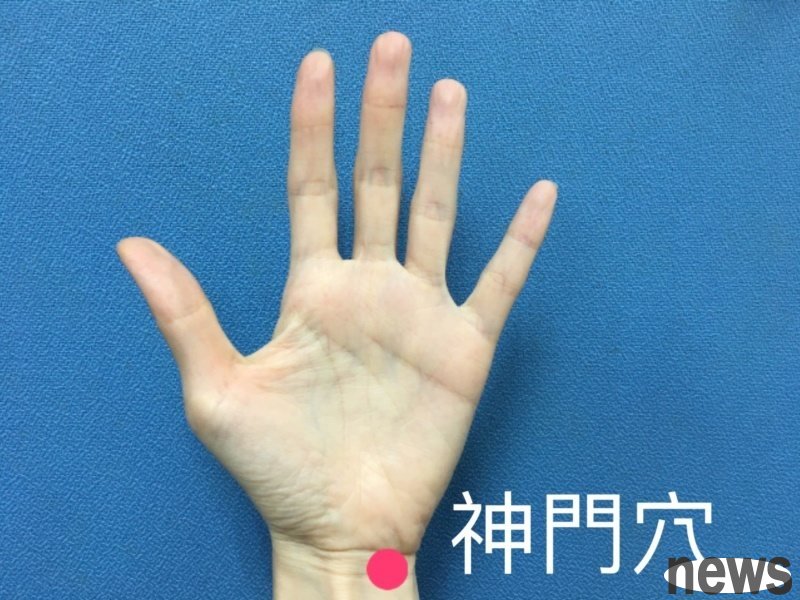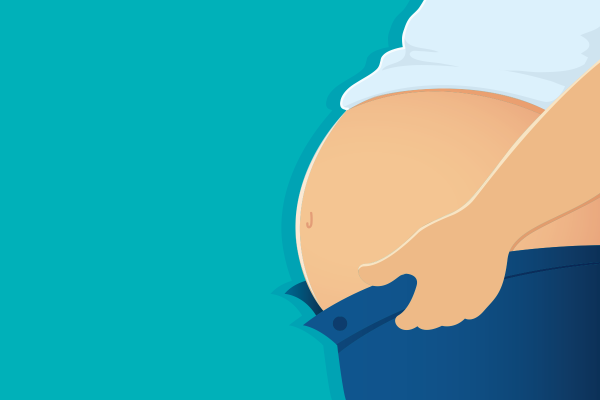People get angry and puffed mainly because of three reasons! Psychologists analyze the causes and solutions of anxiety

Modern people have a lot of pressure in their lives, so they will not feel upset, even anxious and angry, but if we can find a way to control our emotions, we can avoid the evil cycle of accidentally angering others and falling into a sense of guilt. A Japanese medical website "Think Health" explains that being irritable is not just a psychological mechanism, but also involves the physiological state of the body, and how should we release our own pressure.
Why do people feel irritated?1. The main reason for the pressure is that
Many people think that the bad mood is because they encounter a bird, but in fact, the incident itself does not directly cause anxiety, but that we have different views on the incident and produce different emotional reactions.
Even if it is an event of the same kind, some people may not mind at all. To others, they may feel very stressed. Impressiveness and anger are the brain protecting us from being remotely stressed. Therefore, this emotion is not entirely negative, but we can try to re-examine our views on the event to reduce the unhappiness in our hearts.
2. Hormonal imbalance
Many women will find that they will experience emotional changes during the monthly cycle, especially before the monthly cycle, which is easily irritable and is considered to be caused by "PMS", because fluctuations in female hormones, yellow and estrogen, can stimulate the autonomic neural system.
In addition, women's estrogen levels drop during menopause, and estrogen involves the production of happy gazelmon "serotonin", which is why many people experience irritable menopause symptoms.

3. Hypoglycemia is low
When blood sugar is low and hungry, in addition to symptoms such as sweating, shaking hands, palpitations, and white complexion, people who are under mental stress are more likely to experience hypoglycemia. Therefore, for diabetic patients, how to control emotions is also one of the topics.
Tips to relieve emotional excitement1. When you encounter something that makes you feel irritated, try to keep a distance from the relevant people, things, and things first, for example, telling the other party: "Please give me some time", "I'll leave for a while." This is not to escape, but to calm the emotions, and then go back to solve the problem after the coldness is over.
2. The key to changing emotions is six seconds.
There is a "6-second method" in psychology. If a person can hold back his anger for 6 seconds at a time, he can reach the peak of anger. It is recommended to formulate a short sentence in advance that you recite silently when you are angry, such as repeatedly telling yourself to "come calm down" and leave the space under the angry affair.
While keeping distance, it is recommended to distract yourself by drinking water, taking deep breaths, and exercising your body. If you feel a difficult frustration, you can try new things, such as walking a path that you haven't walked. These actions can help you shift your anger or depression.
3. Press the pressure acupoint to relax
You can press the Baihui point in the center of the head, the Hegu point in the tiger's mouth, and the Shenmen point at the wrist. These acupoints can help relieve the tension, but remember not to press too much force, but take a deep breath and press the pressure with gentle force to achieve the relaxation effect.



anger management is a way to deal with setbacks and anger. We can train us to manage anger through three steps.
Step 1: Quantitative anger
Divide anger level from 0 to 10. For example, "0" means no aura at all, "10" means that the whole body is shaking. There is no strict regulation for the level planning. It can be determined based on personal experience. Quantitative sentiment helps us to stay in a customary manner.
Step 2: Record the anger
Writing the "Anger Notes" and recording the events that are angry and the reactions at that time. The content suggestions include: date, location, event process, inner feelings, words and deeds made, results, anger, etc. After reading the anger Notes, you can better understand your emotions and what is easy to be stimulated by.
Step 3: Reevaluate your thoughts
We can find from the anger that we have some fixed thinking patterns. Behind the frustration or anger, it is actually that we have some expectations and persistences about the development of things. You might as well ask yourself again, "Is this really necessary?" If you can start to accept different thinking and views, the feelings of frustration and injustice will usually be lighter.
You can practice the above techniques for stress relief and emotional relief, but please remember that mental health is the same as physical health. Sometimes it is difficult to improve through your own strength. Please do not feel tired or ignore the impact of emotions on life. You must ask medical institutions for advice and assistance.















